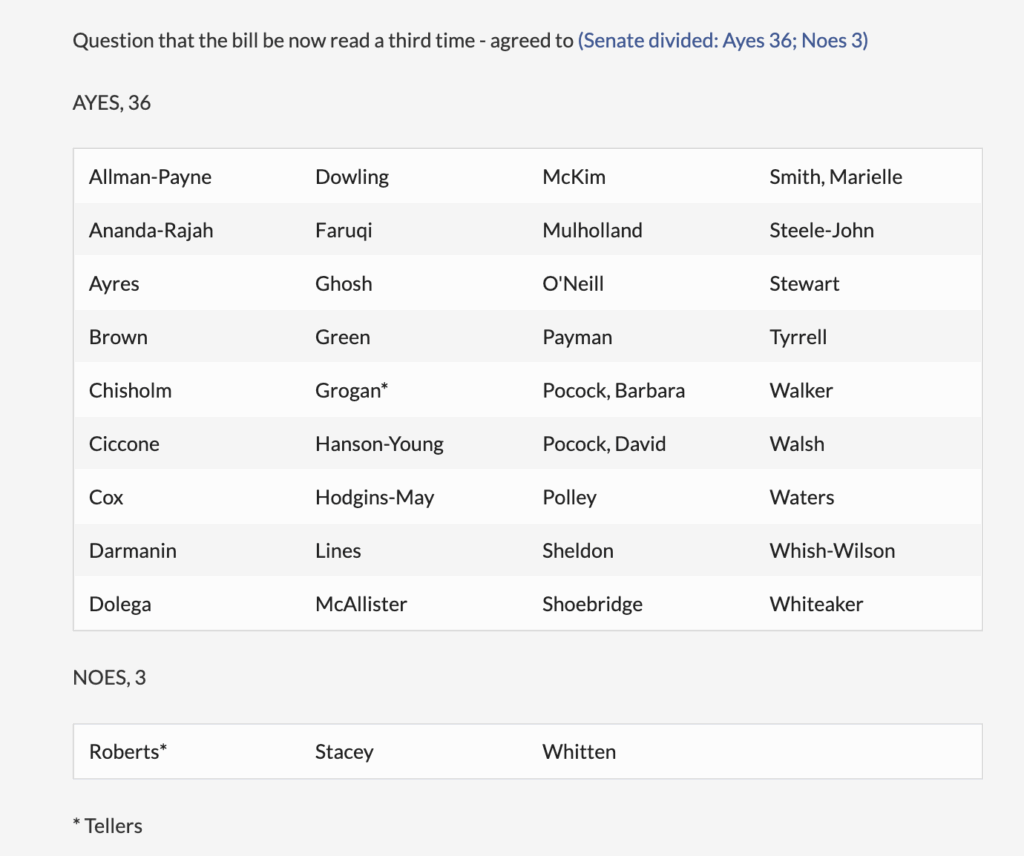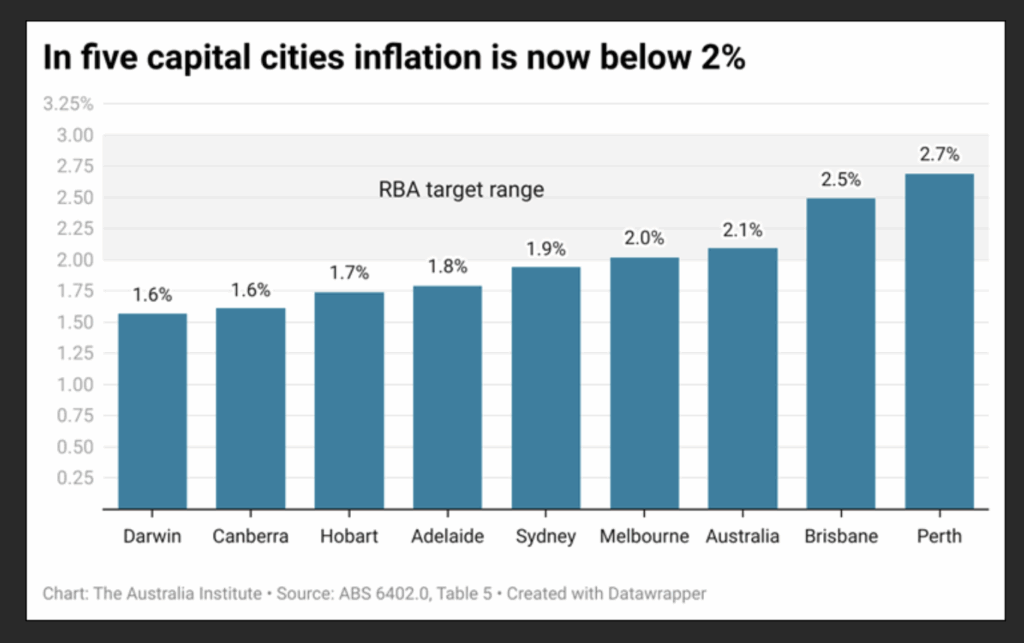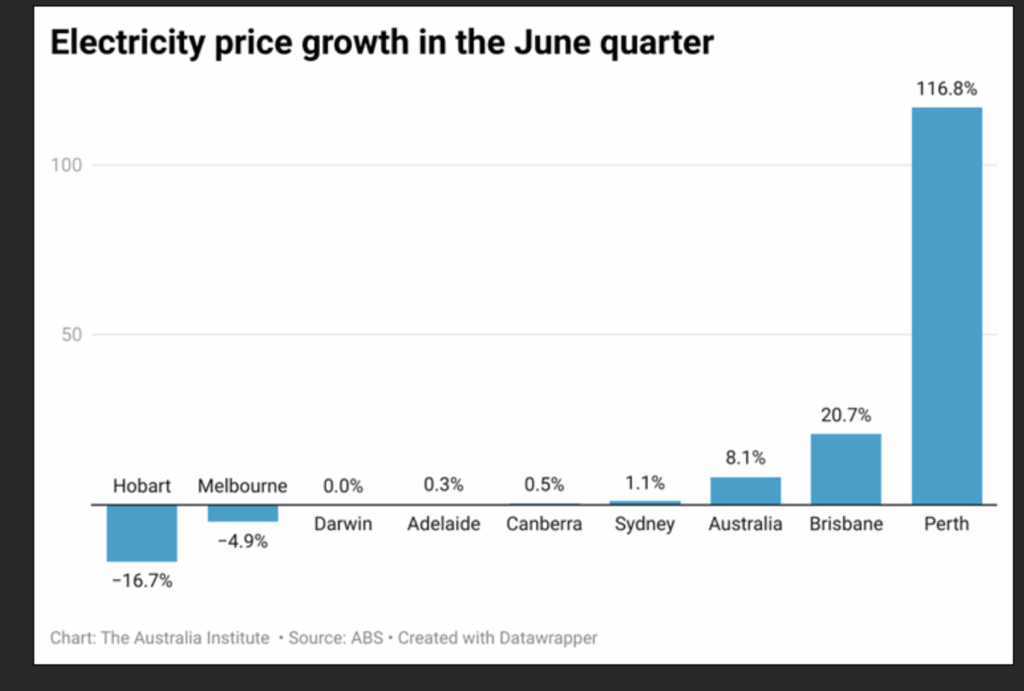Weekend work remains the exception
The House is currently debating the government’s “Fair Work Amendments (Protecting Penalty and Overtime Rates) Bill.
The key point of the bill is (as the Explanatory Memorandum relates):
Penalty rates and overtime rates compensate employees for working weekends, public holidays, late nights, early mornings or overtime.
This Bill would uphold and enhance the integrity of the modern awards safety net by:
• ensuring the specified penalty or overtime rates in modern awards cannot be reduced
• closing loopholes in the modern awards safety net that allow employers to ‘roll up’ penalty and overtime rates into a single pay rate, that do not fairly compensate award-reliant employees for the penalty rates and overtime they would have otherwise received.
Now opponents of the bill (employers) hate penalty rates because they have to pay staff more for working on the weekends or public holidays. Their argument is that penalty rates are a relic of the old days when shops were shut on Sundays and after noon on Saturdays and now working on the weekends is common.
And we, yes… it is common, but most of us still don’t do it.
The latest ABS survey of when people worked was in 2023 and it found that 75% with a job with leave entitlements (ie either ongoing or a contract) ONLY worked Monday-Friday.

Casual workers are much more likely to work on the weekends, but even there only 6% worked only on the weekend.
This is why weekend work should get penalty raters – it remains the exception. And sure Monday-Friday workers like me might like that the shops and cafes are open on Sundays, but as someone who did his stint in hospitality working night shifts, every public holiday etc, the people serving you are not doing it for fun – they too would love to be able to have the weekend off because that is when kids sport is on, most other activities are scheduled for the weekend – even things as obvious as the Hottest 100 last Saturday, There’s a reason they didn’t do that on a Thursday.



